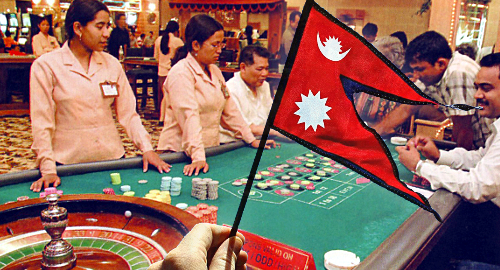 Nepal casino owners who fail to pay their full taxes could find their personal property confiscated by the government, according to a draft of new gambling legislation.
Nepal casino owners who fail to pay their full taxes could find their personal property confiscated by the government, according to a draft of new gambling legislation.
On Tuesday, the Kathmandu Post reported that the government had drafted language for the casino section of its new Federal Tourism Bill. As written, the text provides the government with sweeping new powers to ensure casino operators can’t skip their tax obligations without paying a significant price.
The new bill, which has been a work in progress for some time, is the direct result of the government’s inability to compel some of its casino operators to remit the required portion of their gaming proceeds to the state. In 2014, the government took the unusual step of ordering all casinos to close their doors due to the majority of them failing to abide by their financial obligations.
Nepal’s Supreme Court hasn’t helped matters by ruling that outstanding dues need to be collected from the casino operator, rather than allowing the government to pressure the five-star hotels in which these casinos reside (and which hold the casino licenses). The casino operators have proven to be elusive figures, further complicating the government’s collection efforts.
The new rules would make the hotel principally liable for remitting gaming taxes, and failure to pay the full amount will allow the government to cut off services (water, electricity) to the offending properties.
Furthermore, the government can confiscate casino scofflaws’ assets, including property, bank accounts and passports. There’s even a clause that permits the government to pursue assets outside Nepal, although seizing this property may prove a harder task.
The new rules will also require casino operators to remit 2% of their profits on social causes, while introducing new penalties for operators who permit local residents to gamble, which is forbidden under the current law but is routinely ignored by many casino operators.
The bill has a long way to go before becoming law, as it still requires input from several committees before it can be submitted to parliament in the upcoming session.